To advance the nation’s educational system and address new difficulties in education, the Ministry of Education and Higher Education has outlined 13 initiatives.
This week, four of the projects are being put into practice.
According to Minister of Education and Higher Education H E Buthaina bint Ali Al Jabr Al Nuaimi, “Based on four basic axis including student, school, teacher, and the ministry, we have launched four initiatives related to each axis to develop the educational system over the next eight years, under the Qatar National Vision 2030.”
There are four of these initiatives: Madrasati Mujtami (My school is my community) for students; Bedaya Muwaffaqa (Good Beginning) for teachers; Nahwa Al Tamayyuz (Towards excellence) for schools; and Qadat Al Tageer Al Madrasi (School Leadership) for the Ministry, which will aid in putting the other three into action.
Speaking at the Education City Speaker Series Bel Arabi of the Qatar Foundation, the Minister emphasized the significance of giving students 21st-century skills and safeguarding Qatar’s young people’s national identity from “cultural dissolution” in the information age. Al Nuaimi discussed the process of developing the country’s educational roadmap for the following eight years during the event at Qatar National Library, which was held in collaboration with the Ministry. He also discussed how Qatar’s e-learning strategy aims to enhance students’ digital literacy and “stimulate their curiosity in modern methods of learning.”
In addition, the Minister introduced the “My Skills, My Future” program, which is still in the planning stages and aims to help students acquire technological and communication skills through curricula and education camps so they can meet the demands of the job market.
The Ministry’s strategic strategy for education consists of 13 initiatives, four of which were announced this week.
Everyone has a big responsibility when it comes to education. Together, let’s keep the flame of knowledge burning and make Qatar a global leader in science, knowledge, and peace.
Al Nuaimi said during the conversation, which was conducted in Arabic, “It is imperative for us to have policies and frameworks in place to protect our young people and their national identity from cultural dissolution amid the unprecedented flow of information that comes to them across all communication channels.” Our culture, which is based on our national and local identities and is influenced by our religion, customs, and traditions, as well as our Arabic language, is the cornerstone of this. It is fundamental to developing the Qatari personality, which is grounded in our values while also being open to the rest of the world.
The Minister told the event that educating children and young people “is no longer confined to sciences, or gaining knowledge”, saying: “Human skills are very important in dealing with the challenges of life.
“That is why we have focused on developing our students’ 21st Century skills, encouraging them to think in a critical way which will help them transition smoothly to higher education, and then to be competitive in the regional and international labour market while being aware of the needs of this market.”
She told the audience how Qatar’s strategic direction for education places students at its core “so they can seek lifelong learning provided by education, flexibility, curiosity, passion, and creativity”, with a focus on teachers as “role models” who “inspire and empower themselves to achieve excellence”. She explained how the views of both students and teachers had been sought in shaping Qatar’s e-learning strategy, and described schools as being “a student’s second home, and they need to feel they belong there in order to grow”.
As she stated: “Transformation in education is now a reality, and we need to adopt the idea of reimagining education and develop new visions, perceptions, and directions,” Al Nuaimi claimed that the COVID-19 pandemic has solidified a “global belief in the need to reimagine education systems, today and tomorrow.”
Qatar has been in the forefront of negotiations with education experts in the Middle East and Asia on addressing the key issues surrounding reimagining education in advance of the Transforming Education Summit at the United Nations in New York this month.



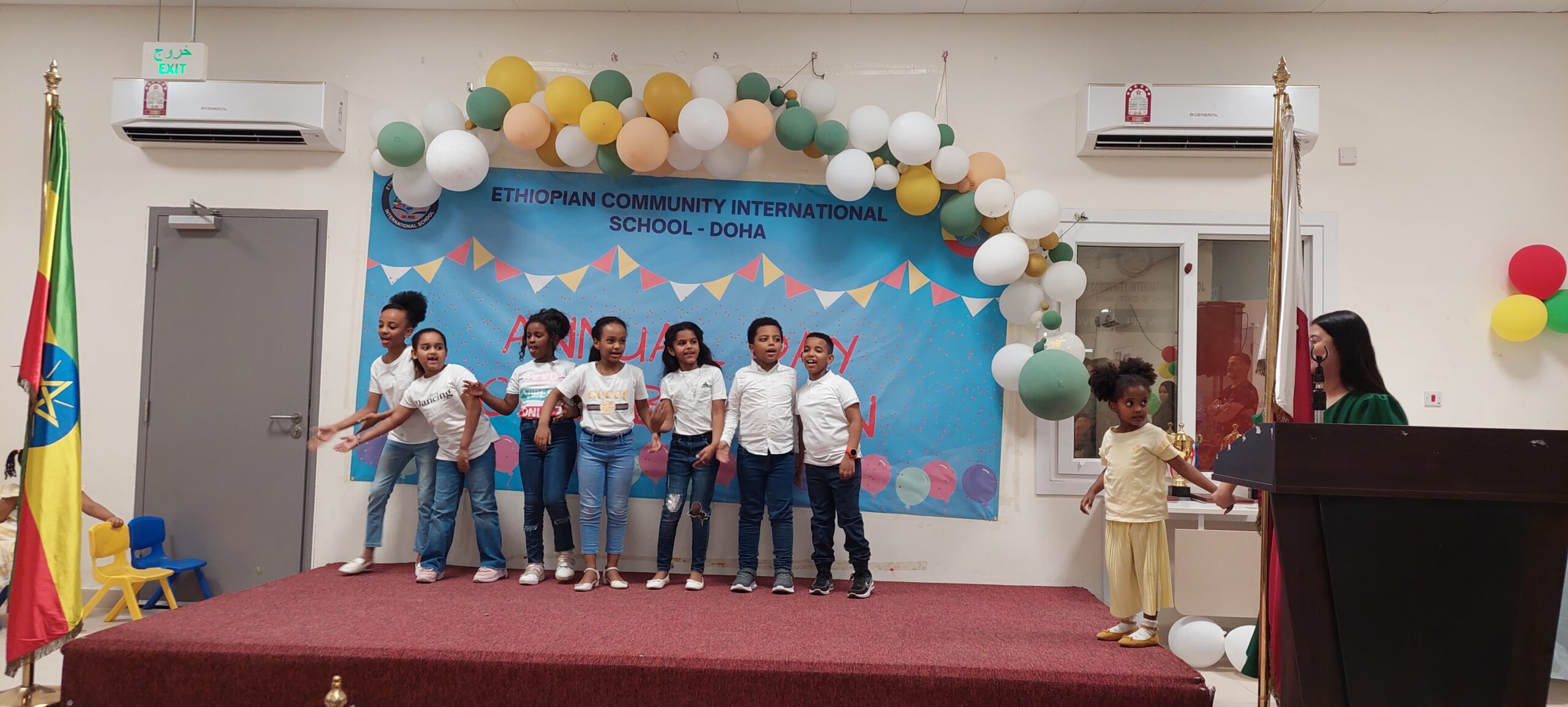
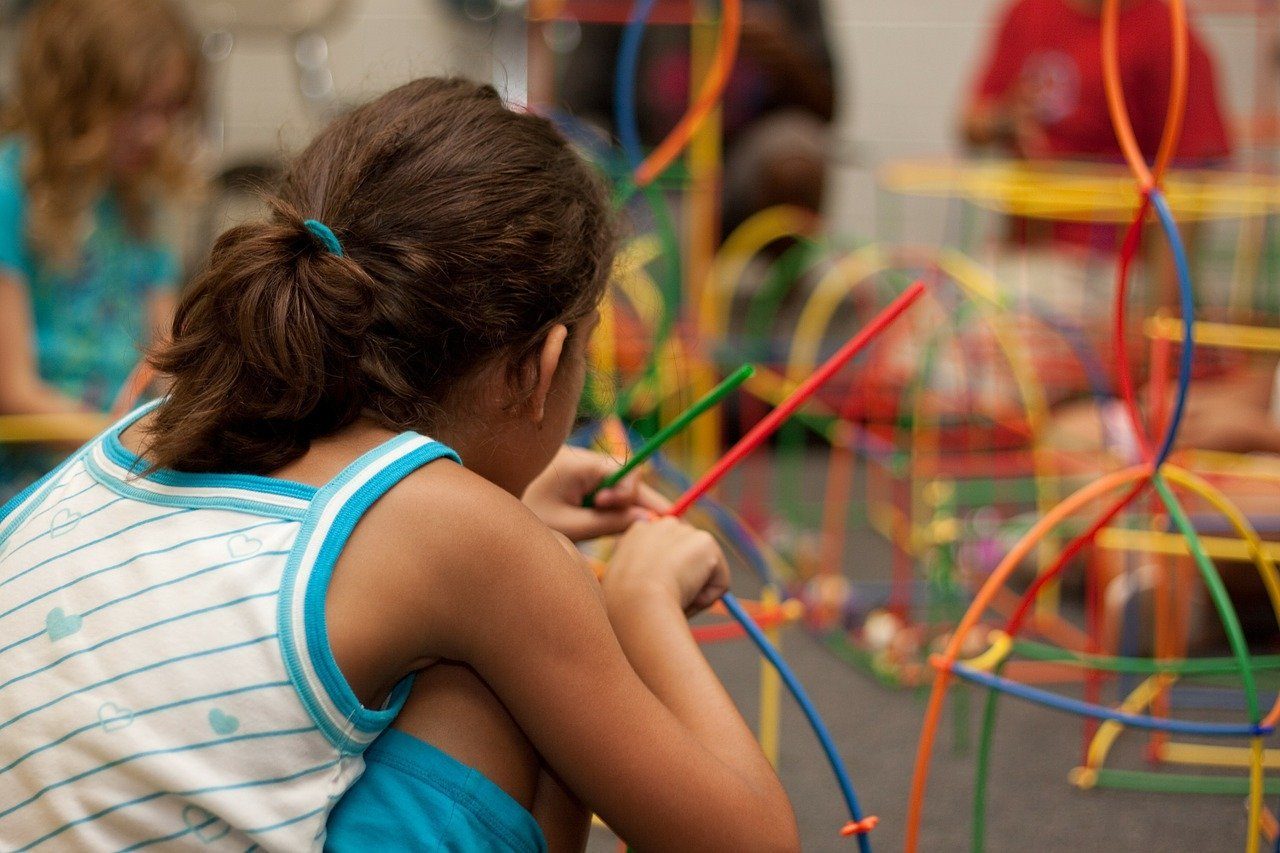
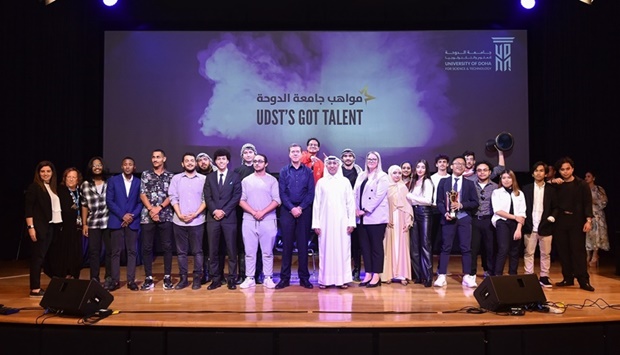
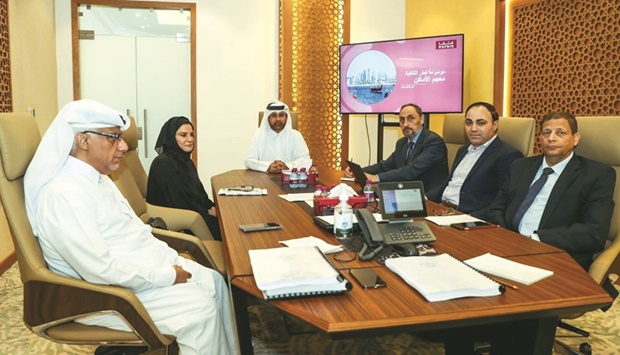




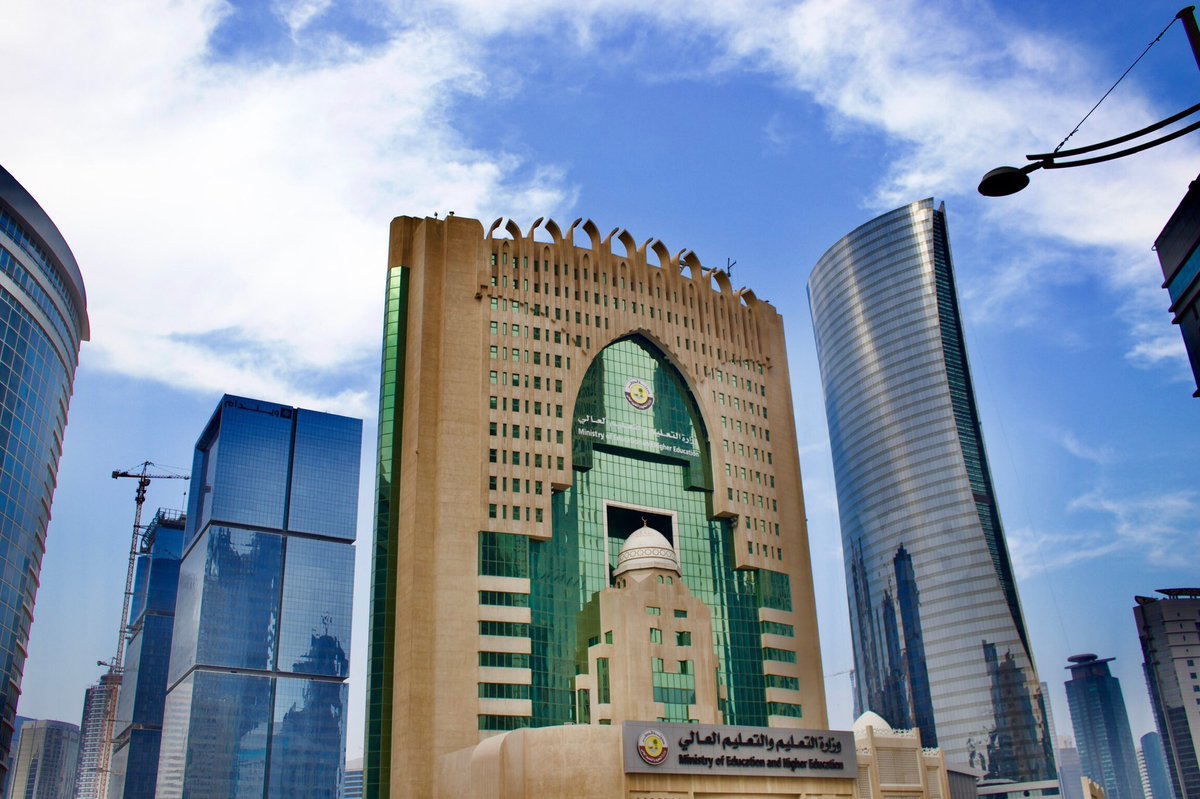
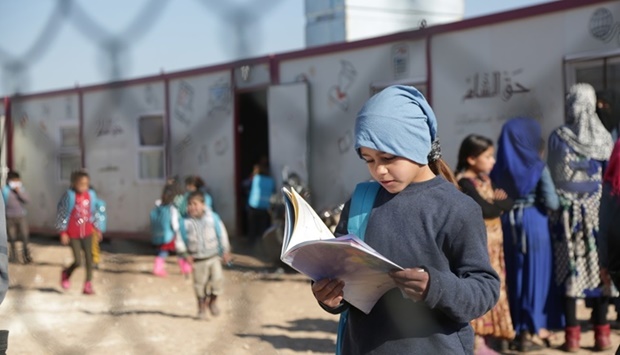




Leave a Reply